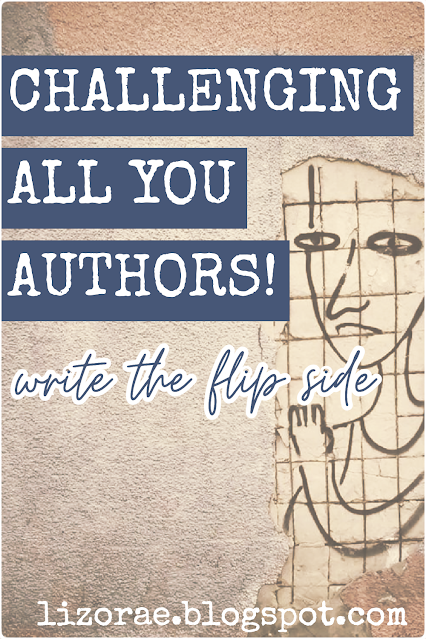Fifth Week Update

It's Lizorae's first fifth week of the month! For every fifth week, I'm going to share what's been going on with my blog and general updates. This is something I haven't seen any other writing bloggers do, but hey, let's break the system! I think doing these updates will help connecting with you guys because what's this blog for without you? If you're here just for the writing tips, I get you. But stick around for a bit because I'll get to the best posts so far. Milestones On December 2019, I set up Lizorae! I had no idea about branding or how to use social media or what the blogging biz is like. But I soon learnt. I'm still not an expert, but I'm definitely more confident. Since then, I've changed my branding an embarrassing three times. Within three months. And I'm probably going to change it again. I know it's not really the best way to go, but I'd rather do it know in the beginning than later. If I could go...



